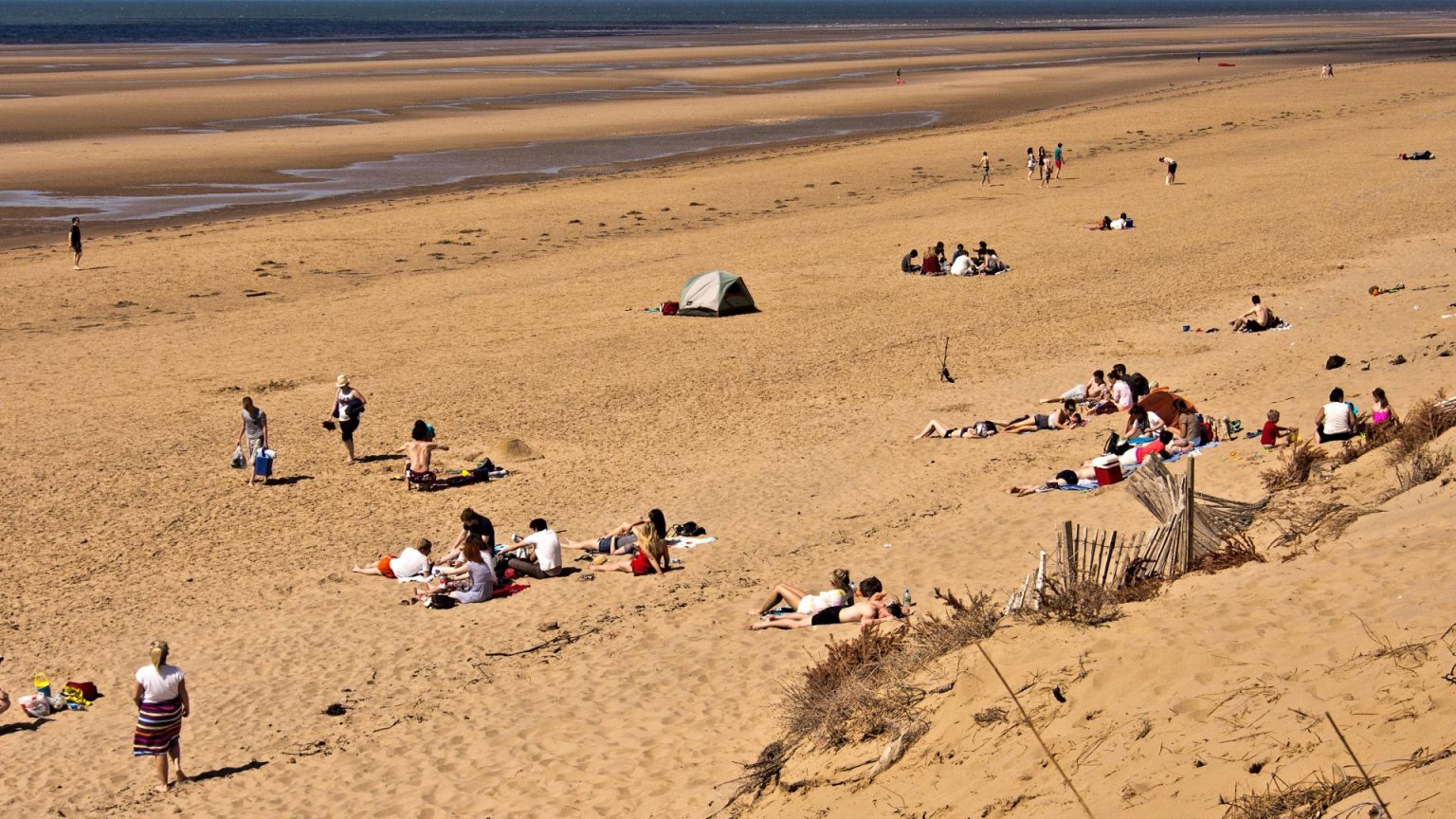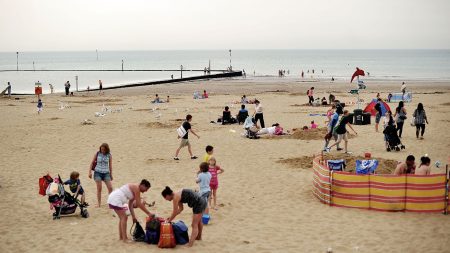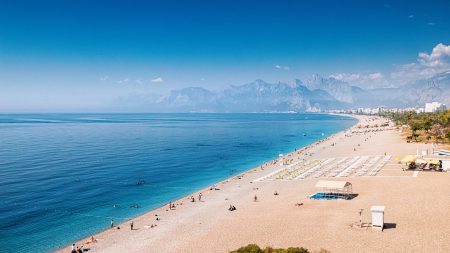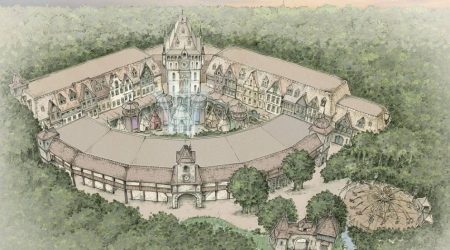Formby Beach, a National Trust treasure nestled in Sefton, Liverpool, is poised for a significant revitalization project. This popular coastal destination, drawing over a million visitors annually, is currently hampered by safety concerns stemming from debris encroaching upon the sandy shores. Remnants of the World War Two-era Harington Barracks, whose bricks were repurposed for the Victoria Road car park, have progressively spilled onto the beach due to coastal erosion. This has necessitated the closure of a portion of the beach, limiting public access and impacting the natural environment. The National Trust, recognizing the urgency of the situation, has formulated a comprehensive plan to address this issue and restore Formby Beach to its full glory.
The cornerstone of this restoration project, slated to commence in May 2024 and conclude in Spring 2026, involves the relocation of the Victoria Road car park further inland. This strategic move aims to mitigate future erosion and protect the beach from further debris encroachment. The project will also entail the complete removal of the existing rubble, restoring the beachfront to its natural sandy state and creating a more inviting environment for visitors and wildlife alike. National Trust ranger Justin Matthews emphasizes the project’s dual focus: enhancing visitor experience and fostering a thriving ecosystem, particularly for vulnerable species like sand lizards and natterjack toads. This initiative aligns with a broader £10 million National Trust conservation effort dedicated to revitalizing sand dune ecosystems across the country.
The restoration of Formby Beach carries significant implications not only for tourism but also for the local environment. The removal of the rubble will significantly expand the usable beach area, offering visitors greater access to the coastline and its natural beauty. Moreover, the restoration of the sand dunes will provide a crucial habitat for native wildlife, supporting biodiversity and contributing to the overall health of the coastal ecosystem. The project’s emphasis on ecological restoration aligns with growing awareness of the importance of preserving natural habitats and mitigating the impacts of human activity on fragile coastal environments.
Beyond its natural beauty, Formby Beach also boasts a unique cultural significance, particularly its association with footballing royalty. Victoria Road, often dubbed “Millionaire’s Row,” has been a favored residential area for prominent footballers, including former Liverpool manager Jurgen Klopp, Brendan Rodgers, Steven Gerrard, and Wayne and Coleen Rooney. The area’s luxurious properties, complete with swimming pools, spas, and extensive grounds, have attracted a constellation of sporting stars, adding a touch of glamour to this seaside haven. Tales of lavish Christmas parties featuring performances by pop stars further enhance the area’s allure.
The upcoming restoration project promises to enhance Formby Beach’s appeal, both for its natural splendor and its celebrity connections. The rejuvenated coastline will offer visitors an even more enticing destination, while the restoration of the natural habitat will contribute to the long-term sustainability of this precious coastal ecosystem. The project’s completion in 2026 is eagerly anticipated, marking a new chapter for Formby Beach and solidifying its position as a prime destination for both nature lovers and football enthusiasts.
The National Trust’s commitment to this extensive restoration underscores the importance of protecting and preserving our natural heritage. Formby Beach, with its unique blend of natural beauty, historical significance, and celebrity allure, serves as a compelling example of the value of investing in the restoration and conservation of our coastal environments. The project’s multifaceted approach, addressing both visitor experience and ecological health, sets a positive precedent for future conservation initiatives and highlights the potential for creating sustainable and vibrant coastal communities.











